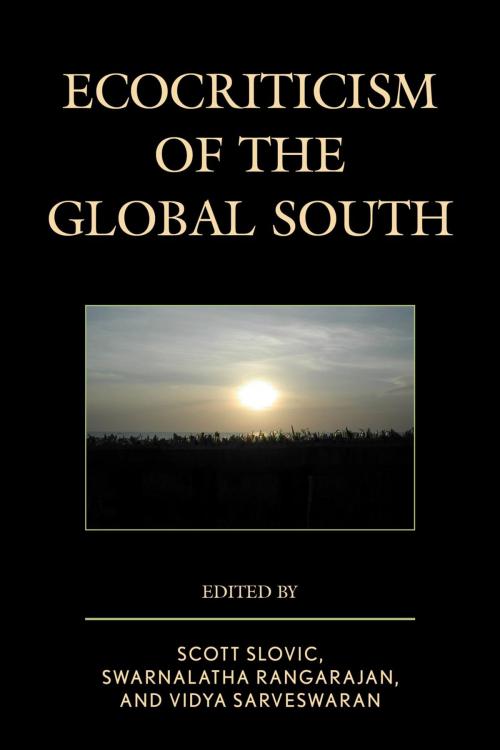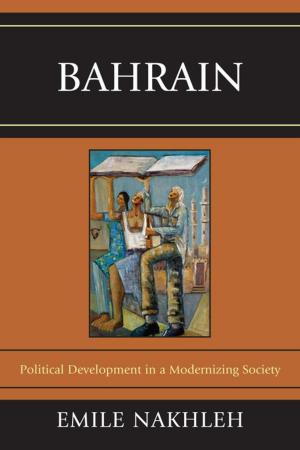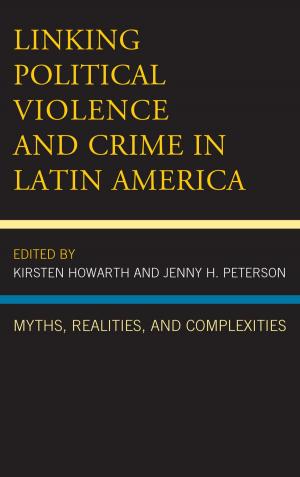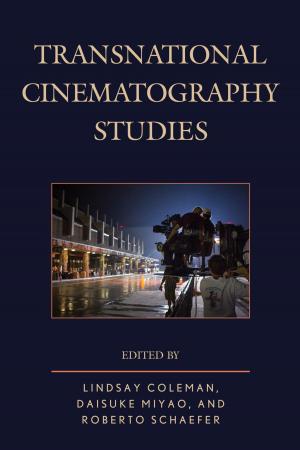Ecocriticism of the Global South
Nonfiction, Science & Nature, Science, Biological Sciences, Environmental Science, Fiction & Literature, Literary Theory & Criticism| Author: | Benay Blend, Charles Dawson, Sharae Deckard, Christopher Lloyd de Shield, Dina El Dessouky, Eóin Flannery, Adrian Taylor Kane, Priya Kumar, James McElroy, Augustine Nchoujie, Senayon Olaoluwa, Zahra Parsapoor, Anthony Vital, Munazza Yaqoob, Zhou Xiaojing | ISBN: | 9780739189115 |
| Publisher: | Lexington Books | Publication: | March 24, 2015 |
| Imprint: | Lexington Books | Language: | English |
| Author: | Benay Blend, Charles Dawson, Sharae Deckard, Christopher Lloyd de Shield, Dina El Dessouky, Eóin Flannery, Adrian Taylor Kane, Priya Kumar, James McElroy, Augustine Nchoujie, Senayon Olaoluwa, Zahra Parsapoor, Anthony Vital, Munazza Yaqoob, Zhou Xiaojing |
| ISBN: | 9780739189115 |
| Publisher: | Lexington Books |
| Publication: | March 24, 2015 |
| Imprint: | Lexington Books |
| Language: | English |
The vast majority of existing ecocritical studies, even those which espouse the “postcolonial ecocritical” perspective, operate within a first-world sensibility, speaking on behalf of subalternized human communities and degraded landscapes without actually eliciting the voices of the impacted communities. Ecocriticism of the Global South seeks to allow scholars from (or intimately familiar with) underrepresented regions to “write back” to the world’s centers of political and military and economic power, expressing views of the intersections of nature and culture from the perspective of developing countries. This approach highlights what activist and writer Vandana Shiva has described as the relationship between “ecology and the politics of survival,” showing both commonalities and local idiosyncrasies by juxtaposing such countries as China and Northern Ireland, New Zealand and Cameroon. Much like Ecoambiguity, Community, and Development, this new book is devoted to representing diverse and innovative ecocritical voices from throughout the world, particularly from developing nations. The two volumes complement each other by pointing out the need for further cultivation of the environmental humanities in regions of the world that are, essentially, the front line of the human struggle to invent sustainable and just civilizations on an imperiled planet.
The vast majority of existing ecocritical studies, even those which espouse the “postcolonial ecocritical” perspective, operate within a first-world sensibility, speaking on behalf of subalternized human communities and degraded landscapes without actually eliciting the voices of the impacted communities. Ecocriticism of the Global South seeks to allow scholars from (or intimately familiar with) underrepresented regions to “write back” to the world’s centers of political and military and economic power, expressing views of the intersections of nature and culture from the perspective of developing countries. This approach highlights what activist and writer Vandana Shiva has described as the relationship between “ecology and the politics of survival,” showing both commonalities and local idiosyncrasies by juxtaposing such countries as China and Northern Ireland, New Zealand and Cameroon. Much like Ecoambiguity, Community, and Development, this new book is devoted to representing diverse and innovative ecocritical voices from throughout the world, particularly from developing nations. The two volumes complement each other by pointing out the need for further cultivation of the environmental humanities in regions of the world that are, essentially, the front line of the human struggle to invent sustainable and just civilizations on an imperiled planet.















